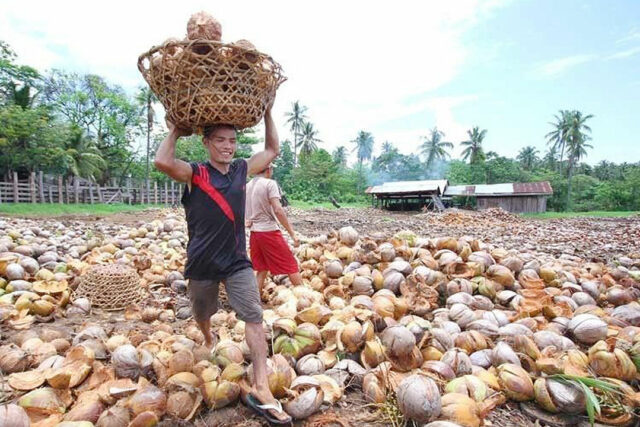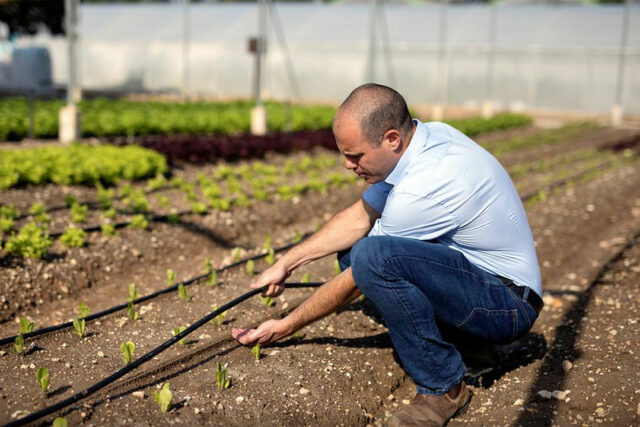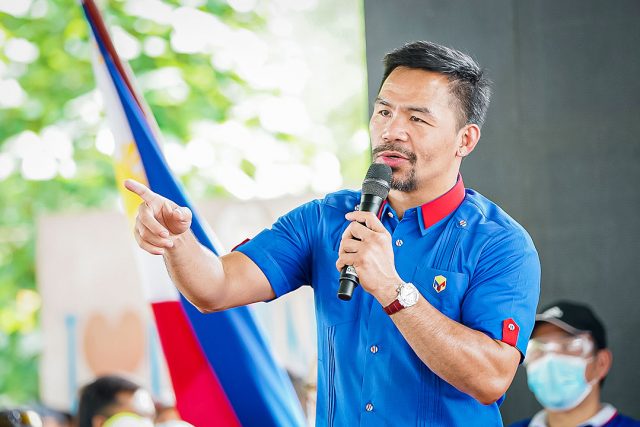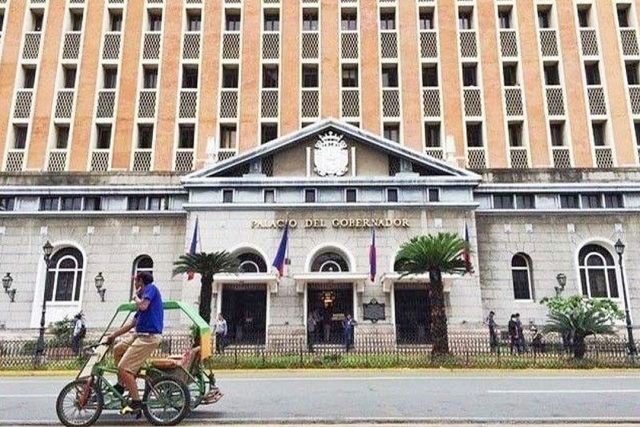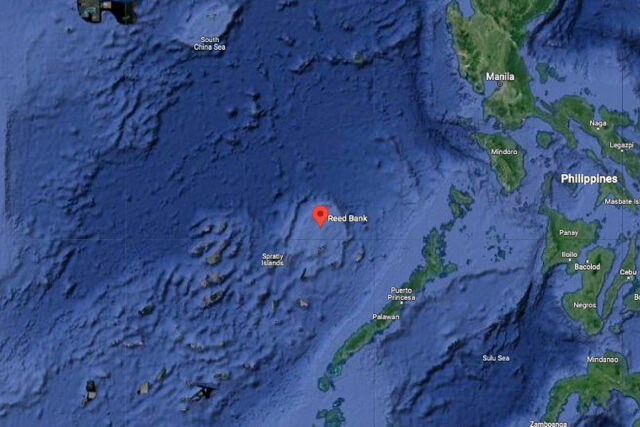BPO sector surpasses revenue, employment targets set for 2022
THE business process outsourcing (BPO) industry has hit the employment and revenue growth targets it set for itself this year, the industry association said.
The IT and Business Process Association of the Philippines (IBPAP) said in a statement on Wednesday that it is ahead of schedule on its targets, having already exceeded the 2022 goals of 1.43 million full-time employees (FTEs) and $29.1 billion worth of revenues.
“The number of FTEs in the country increased by 120,000 in 2021, bringing the sector’s total headcount to 1.44 million and registering growth of 9.1% compared to 2020. The industry also recorded revenue of $29.49 billion in 2021 or a 10.6% jump from the previous year,” the IBPAP said.
“Not only did the 2021 figures exceed the forecasted growth for the year, but it also eclipsed the recalibrated 2022 targets of 1.43 million FTEs and $29.1 billion in revenue…The upsurge can be attributed to pent-up demand from global customers, higher confidence in work-from-home (WFH) setups by clients of contact centers and business process services, and growth in emerging sub-segments like e-commerce, financial technology, healthcare, and technology,” it added.
According to IBPAP President Jack Madrid, the industry’s performance in 2021 “marks a resurgence” for the industry.
“Preserving jobs, driving investment, stimulating countryside development, and creating demand for real estate — these are the unequivocal contributions of the industry,” Mr. Madrid said.
Mr. Madrid added that more organizations involved in global business services are also integrating offshoring and outsourcing into their strategic initiatives to optimize costs across various countries.
“This will spill over into 2022 and continue to boost demand for IT-BPM services across the world. We should not miss out on this opportunity to capture a bigger slice of the global market,” Mr. Madrid said.
According to the IBPAP, the industry needs to make the most out of the country’s growth potential and support its global competitiveness.
The association expects the integration of hybrid work models in business to be more prevalent, as companies leverage alternative locations and implement small-scale centers or microsites as part of their business continuity planning and ensure continued access to talent.
“Supply chain resilience from a talent standpoint will be critical amid the intensifying talent war that’s exacerbated by higher attrition rates and growing requirements for emerging and niche skills such as automation, cloud, data and analytics, and cybersecurity,” the IBPAP said.
Separately, the IBPAP announced that it is set to publish the Philippine IT-BPM Industry Roadmap 2028 this year, which will lay out the industry’s priorities in digitization, talent retention, policy shaping, infrastructure, and country branding over the next six years.
It said the roadmap will list legislative goals such as achieving mainstream acceptance of hybrid work, following its broad adoption by competitors like India, Poland, and Malaysia.
“Although more recent efforts have been on facilitating a smoother transition back to the office through the extension of work-from-home (WFH) arrangements until Sept. 12, 2022, crucial work has been put into ensuring that the new administration understands why work-from-anywhere is essential to the country’s enduring competitiveness and readiness for higher global market share,” the IBPAP said. — Revin Mikhael D. Ochave


